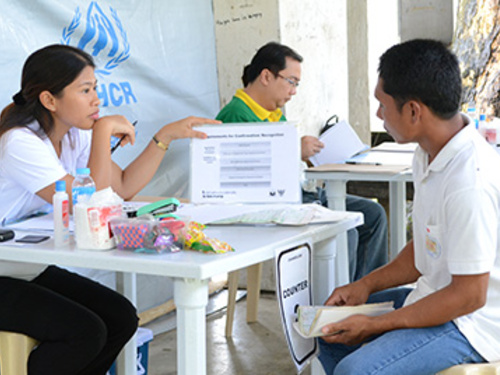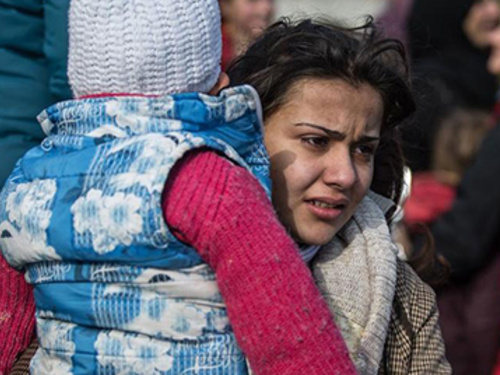UNHCR in the Philippines
UNHCR in the Philippines
UNHCR's activities in the Philippines are framed around the following elements:
Rights-based approach
UNHCR will continue to use a rights-based approach to its work in the Philippines. Consequently, the IDP operation in Mindanao is framed by the UN Guiding Principles on Internal Displacement that includes principles of human rights law, international humanitarian law and refugee law.
Sustainability
In all activities concerning asylum seekers, refugees, stateless persons and IDPs, UNHCR aims to establish sustainable national systems with government units, local NGOs, and other national stakeholders, as opposed to substituting state services. It will, to the extent possible, avoid contracting other international agencies to implement activities.
Community- and evidence-based approach
To the extent possible, UNHCR employs an evidence-based approach whereby studies and information inform strategies and actions. The full participation of communities in addressing issues is prioritised as are persons with specific needs. UNHCR also approaches its work from an age, gender, and diversity-focused angle.
Partnership
All activities are undertaken in partnership with other key stakeholders. In particular, IDP-related activities are conducted under the auspices of the Protection Cluster, which is co-led by UNHCR and the Department of Social Welfare and Development (DSWD). The Cluster has over 100 members including government agencies, international and national NGOs, and UN agencies.





